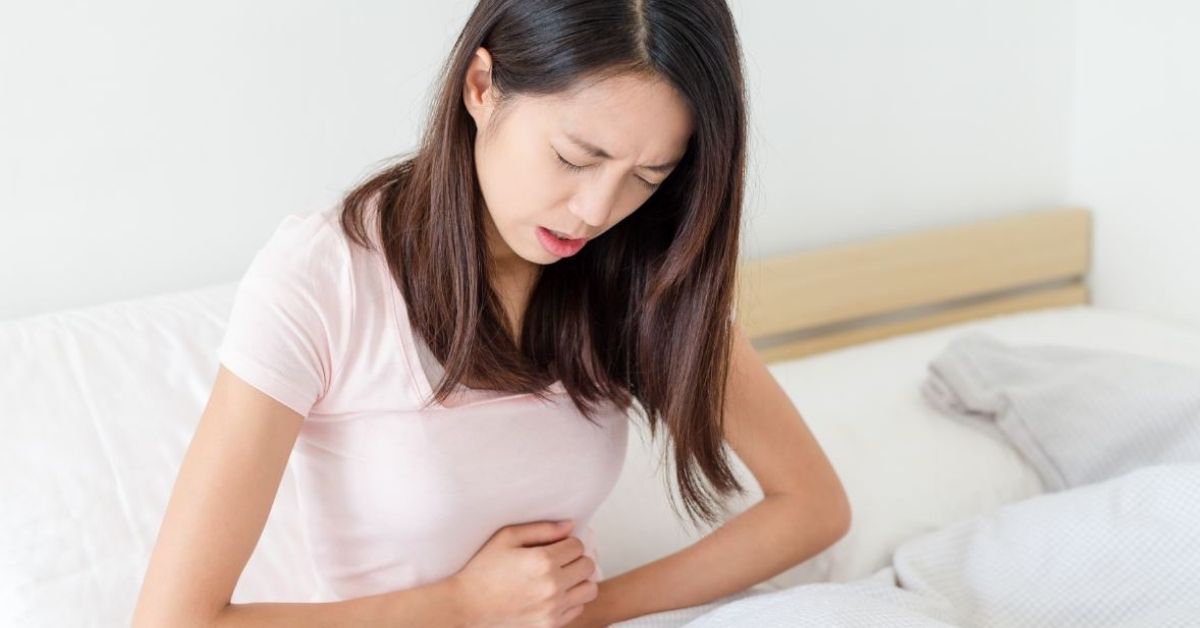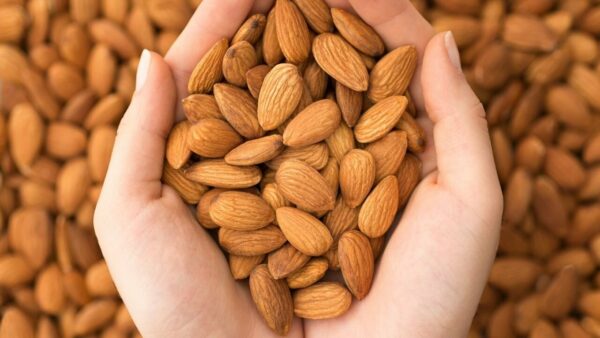Every year nearly one in every ten people experience kidney stones. Those who suffered from a kidney stone know how unbearable pain is until the stone is passed out of your body through urinary plumbing. Unfortunately, about half of the people who ever had kidney stones have a chance that another one may appear within seven years if precautions are not taken. This is why it is imperative to know kidney stone symptoms and diet plans to prevent its formation.
What Are Kidney Stones?

Kidney stones are tiny, crystallized, hard deposits of salt and minerals in your urinary tract and kidneys.
What Causes Kidney Stones?
The biggest reason behind the formation of kidney stones is not drinking enough fluids. Urine contains concentrated minerals such as uric acid, calcium oxalate, and phosphate. Fluids dilute these waste minerals and flush them out of the body through kidneys and urinary tract.
However, inadequate liquid intake leads to the build-up of waste and minerals in the urinary tract and forms stones. In addition, a diet rich in sodium and oxalate, specific supplements and medications, and certain medical conditions such as hyperparathyroidism increases the risk of kidney stones.
What Are Kidney Stone Symptoms?

Many people with kidney stones may not even be aware because, usually, kidney stones do not cause any symptoms. Nevertheless, when kidney stone moves within the kidney, passes into the ureter, and block the urine flow, it causes the ureter to spam, kidney to swell, and the patient may experience the following symptoms:
- Sharp and severe pain in the back and side below the ribs radiating to the lower abdomen and groin. The pain comes in waves.
- Burning sensation and pain while urinating
Other symptoms may include:
- Red, brown or pink urine
- Foul-smelling or cloudy urine
- Persistent urge to urinate
- Nausea and vomiting
If an infection is present, there may be fever and chills
The pain caused due to kidney stone fluctuate in intensity and may shift location as the stone moves through the urinary tract.
If you are experiencing any of the above symptoms, get in touch with your doctor. If your doctor suspects you to have kidney stones, certain diagnostics tests and procedures such as blood testing, urine testing, and imaging tests are recommended.
How Is Kidney Stones Treated?
Treatment of kidney stones depends upon the size, cause, and type of stone. If the kidney stone is small with minimal symptoms, you can pass them out in urine by drinking lots of water. Pain relievers are given to ease discomfort and pain. Removal of large kidney stones may require procedures such as sound waves (to break up the stone) or surgery. In addition, treatment is needed in case of ongoing urinary tract infections.
Those who ever had a kidney stone in the past are recommended to follow a particular diet plan to prevent kidney stone formation in the future.
Diet Plan To Prevent Kidney Stone Formation
1. Increase the intake of fluid

Drink at least 2 to 3 quarts of fluid every day in the form of lemonade, Plain water, juice, soup, or even coffee. Avoid soda. Drinking enough liquid ensures to produce less concentrated urine of at least 2.5 liters per day volume.
2. Limit the intake of foods rich in oxalate
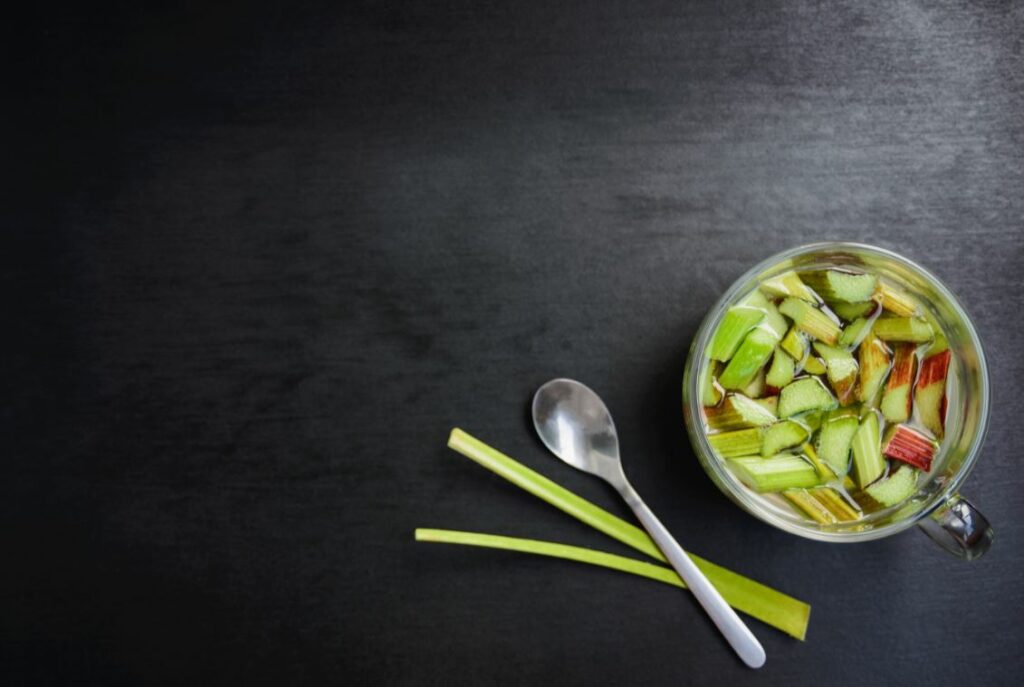
Foods high in oxalate include tea, wheat bran, nuts, beets, spinach, berries, and spinach. Avoid foods rich in oxalate that contribute in formation of kidney stones.
3. Limit the intake of animal protein
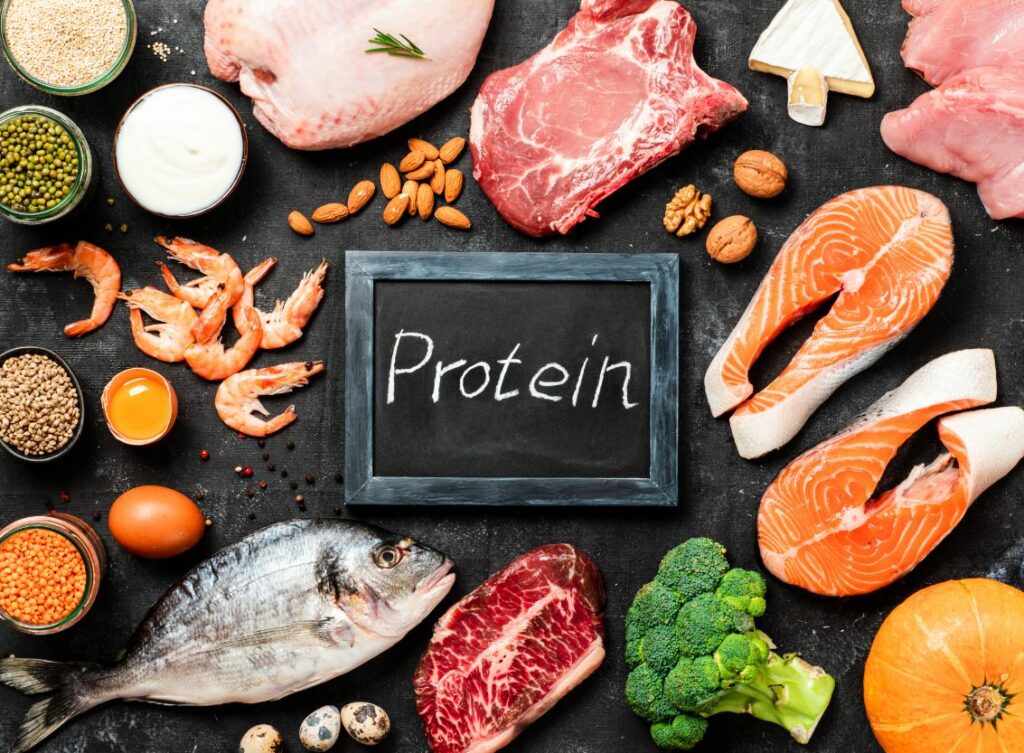
Too much animal protein such as egg, poultry, seafood, and red meat increases the uric acid level and may lead to the formation of kidney stones. In addition, a diet high in protein reduces the level of the chemical present in urine that prevents the formation of stones. Thus to prevent kidney stone formation limit the intake of animal protein.
4. Reduce the amount of sodium in your diet
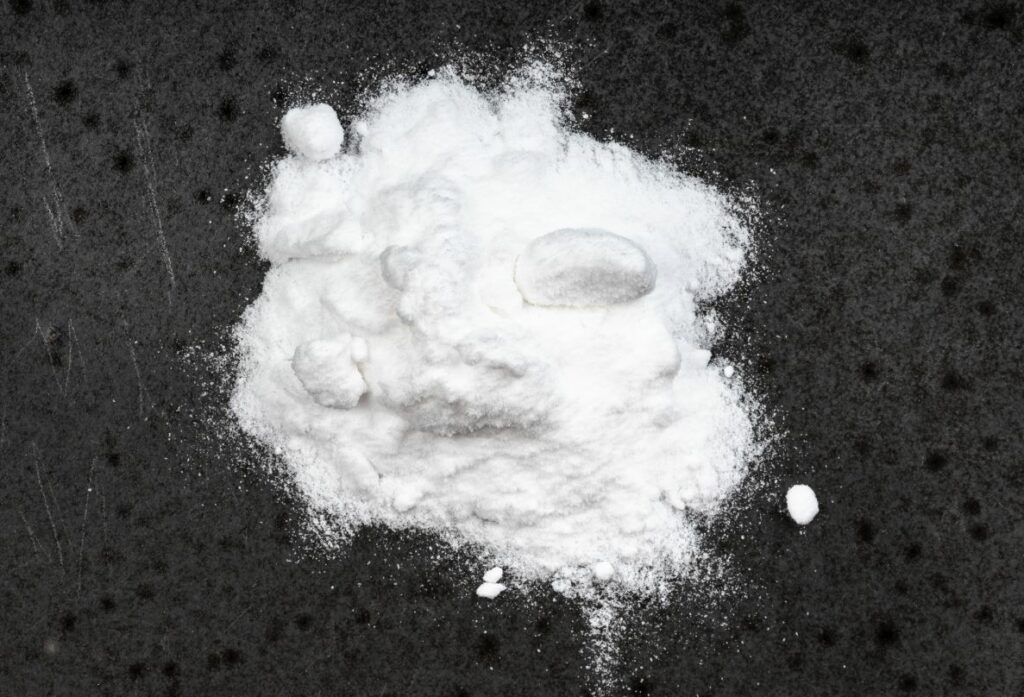
Foods rich in sodium increase the amount of calcium in the urine and may trigger stone formation. According to the current guidelines, limit the total sodium intake to 2,300 mg per day, and those who have kidney stones in the past should reduce the daily intake of sodium to 1500 mg per day.
5. Eat foods rich in calcium
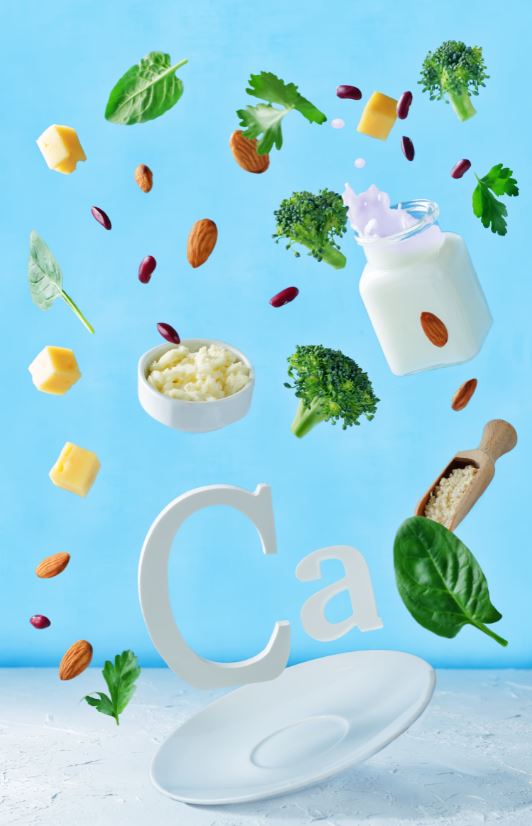
Calcium in diet binds with oxalate. This decreases the amount of oxalate absorbed in the bloodstream and then excreted out by the kidneys lowering the oxalate concentration in the urine, thus reducing the chances of kidney stones.
6. Avoid extra calcium supplements
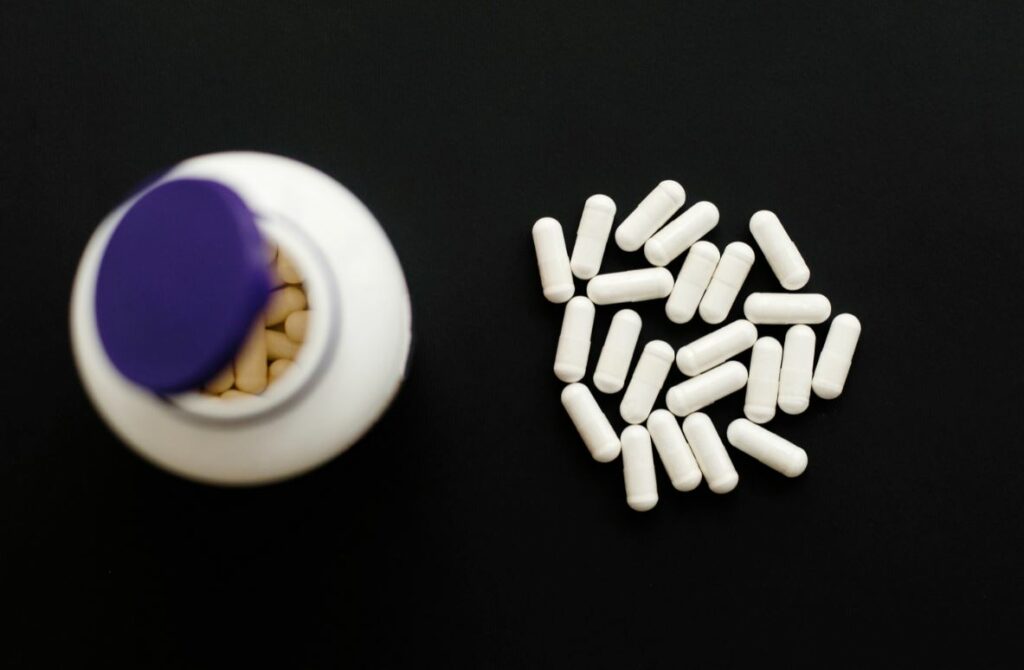
We advise you to increases the intake of dietary calcium but avoid taking additional calcium supplements without consulting your physician.
I hope our article on kidney stone symptoms and diet plan helps. Prevention of kidney stones is not at all complicated but needs determination. Whether or not you have suffered from a kidney stone in the past, watch out for what you eat. Stay hydrated, limit the amount of sodium, animal protein, and high oxalate foods. If still, you have any concerns about kidney stones, meet your health care provider.
Prevent kidney stone formation: avoid or limit food intake high in sodium and oxalate, such as nuts, animal protein, spinach etc. and Drink lots of water.

